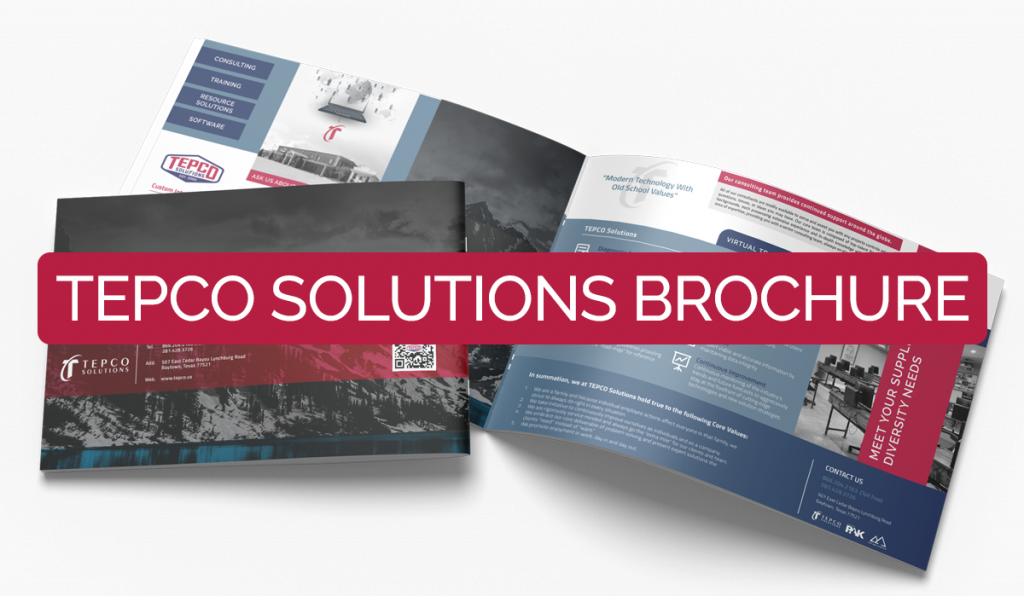2015
P6 Basic Turnaround Scheduling
2015
This Basic Turnaround Scheduling course is designed for individuals that have no Turnaround experience utilizing the P6 application. Students will gain a thorough understanding of how to build schedules required to meet today’s turnaround industry. You will apply hands-on training in the P6 software with real time turnaround schedulers guiding you through the process. You will walk away with a good comprehension of how the process is broken down into individual components, culminating into a resource loaded execution schedule.
3308
Introduction to Cost
3308
This Introduction to Cost training course is designed for individuals that do not have any Cost Management experience. This course will give you a basic understanding of the fundamentals of Cost Management using material that is easily relatable without having industry experience. It will also introduce the difference between Turnarounds and Capital Projects. This course will be a hybrid of lectures and hands-on activities.
No scheduled classes are available. Please contact us for a custom training class held at your facility or ours.
1115
Basic Turnaround Planning
1115
The Basic Planning course was created to give you the basic tools and information needed to create a detailed planner package and explain the importance of the role. During the (2) day course we will cover the importance of a “detailed” planner package, roles & responsibilities of a planner, change management for planners, and planner’s impact on the schedule. These topics will successfully prepare you for your upcoming challenge as a Turnaround or Maintenance Planner.
2025
P6 Advanced Turnaround Scheduling
2025
This advanced Primavera P6 training course is designed to provide current Primavera users an in-depth look at advanced P6 functionality. It provides a broader perspective on advanced topics such as activity calculation settings, cost accounts, import/export, resource and expense item cost functionality, resource leveling, advanced scheduling concepts, user defined fields, global change, updating baselines, and using reflection projects.

